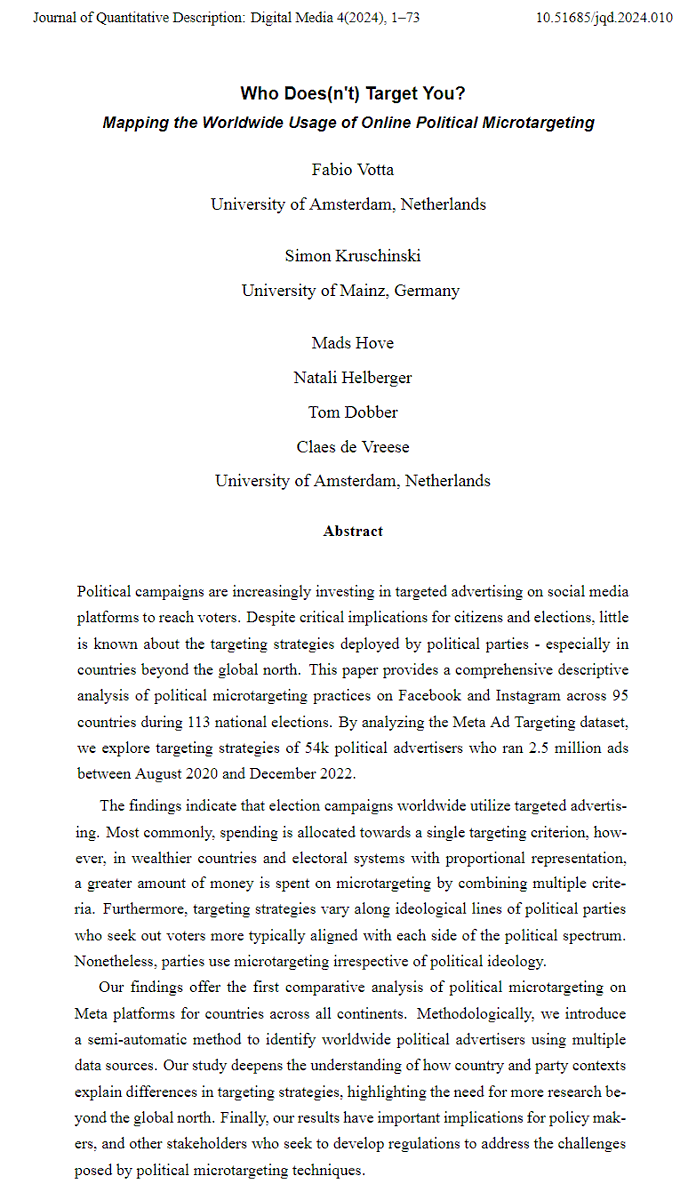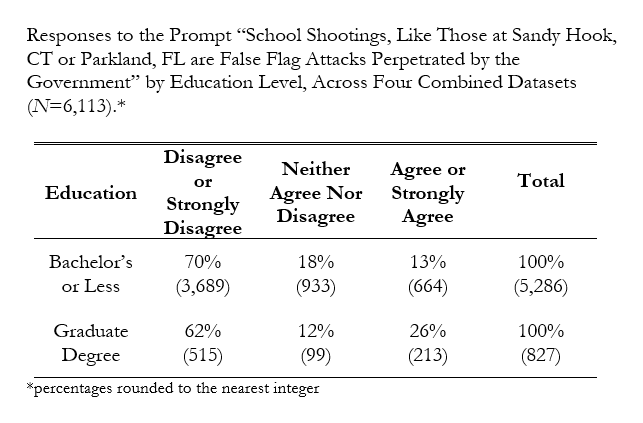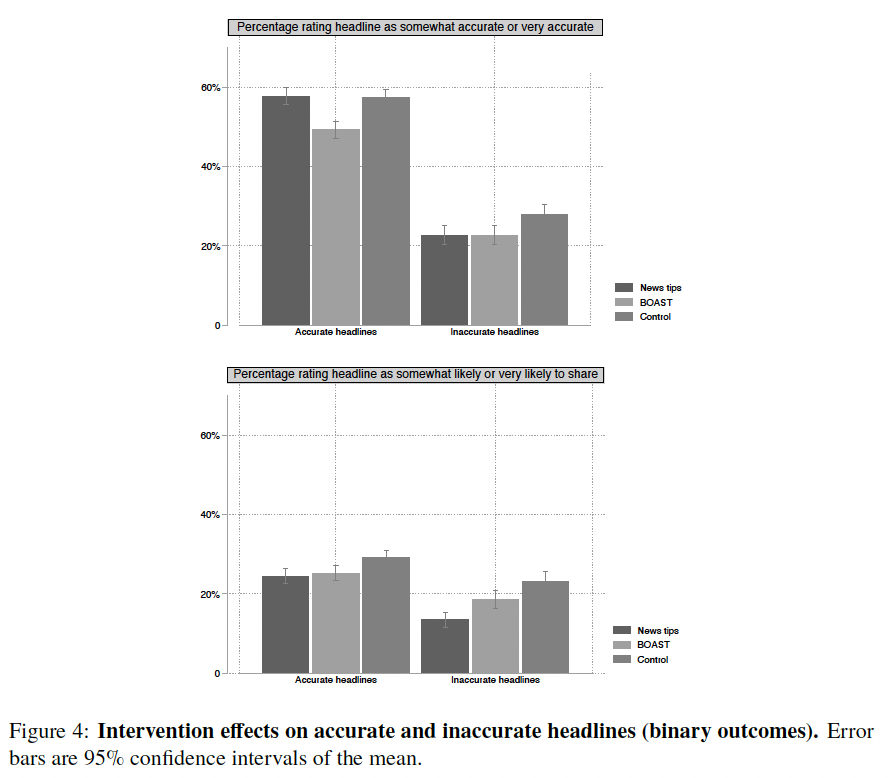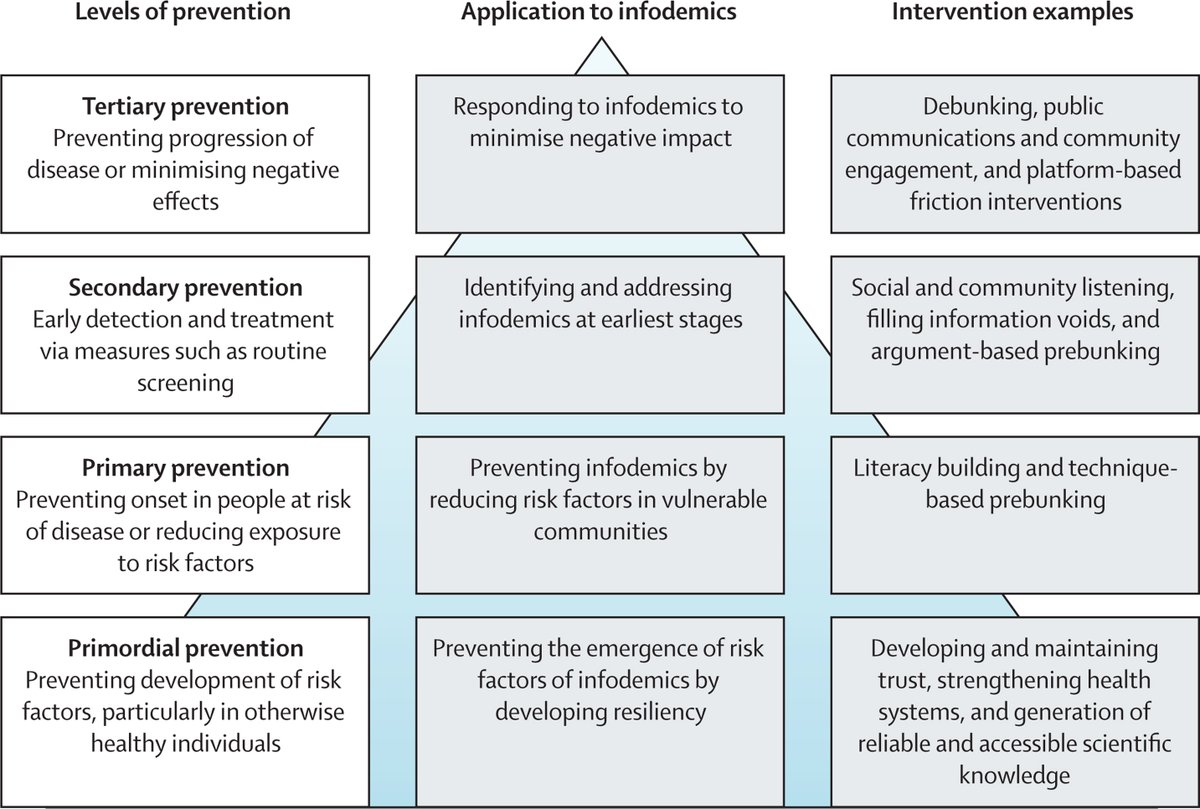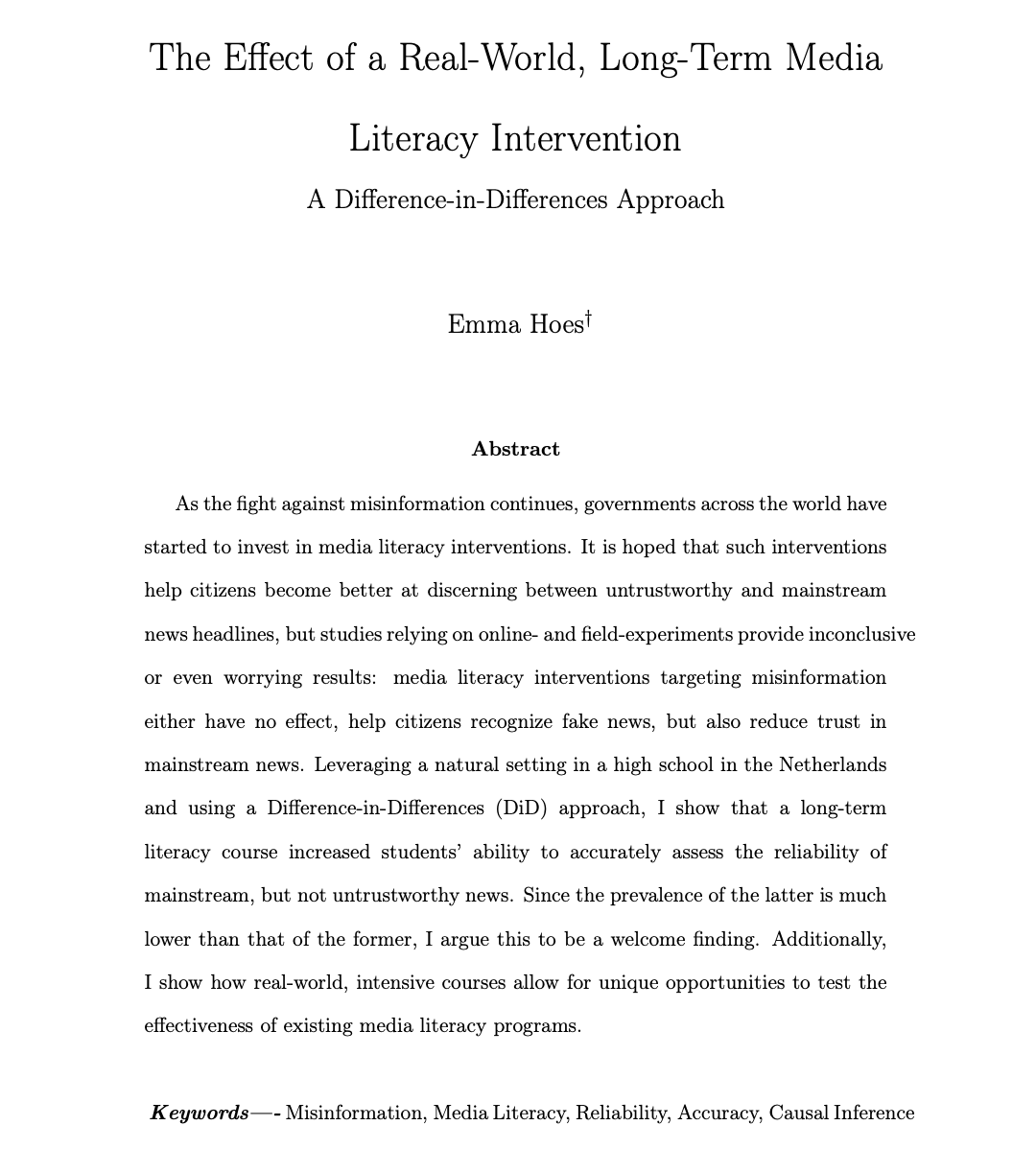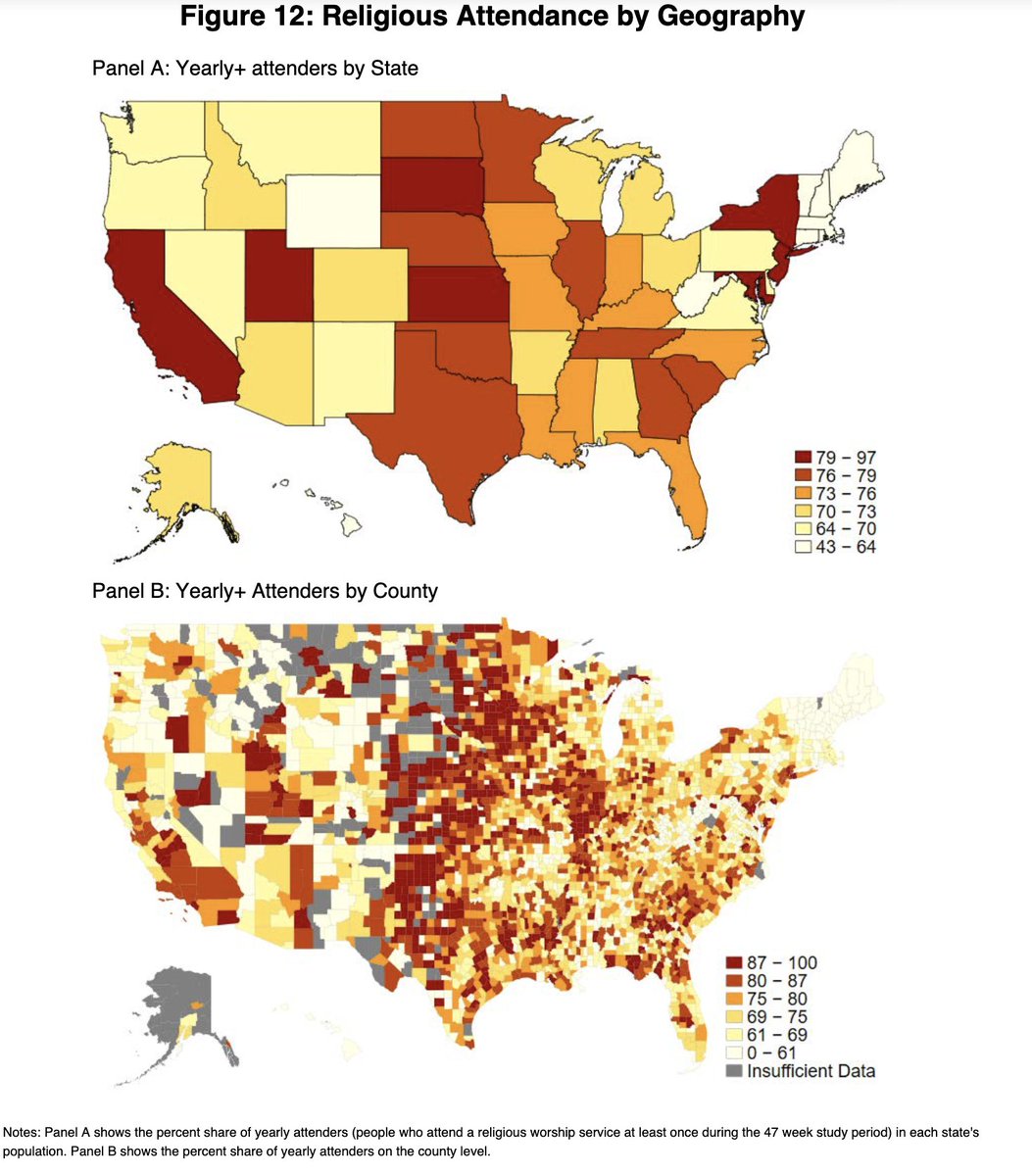
Sacha Altay
@Sacha_Altay
Postdoc @IPZ_ch | @Cognition_ENS PhD | 🔎 Misinformation, misperceptions, social media & (dis)trust 🟦 @sachaltay.bsky.social
ID:995641934248140800
https://sites.google.com/view/sacha-altay/home 13-05-2018 12:28:30
1,5K Tweets
2,6K Followers
451 Following
Follow People

📢PUBLICATION ALERT🧵
Our new research in Journal of Quantitative Description: Digital Media maps the global landscape of political microtargeting across 95 countries during 113 elections. Simon Kruschinski▲@meinungsfuehrer.bsky.social, Mads Hove, Tom Dobber, NHelberger is @[email protected], Claes de Vreese, and I analyze 2.5M FB & IG ads that ran from 2020 to 2022.
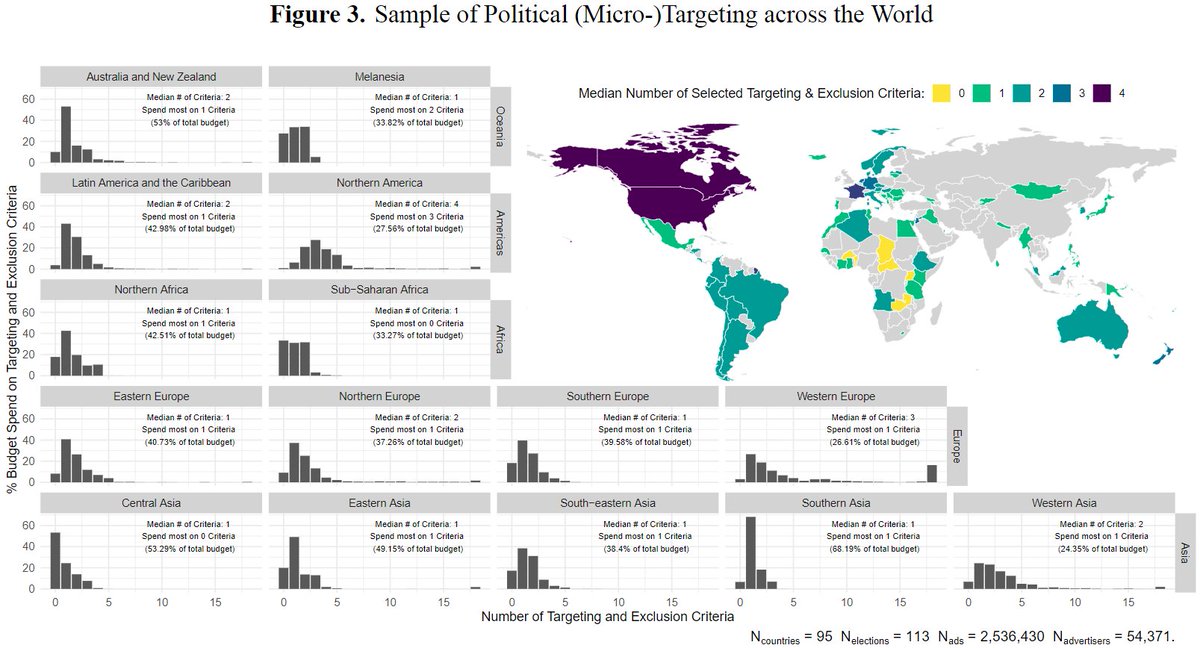

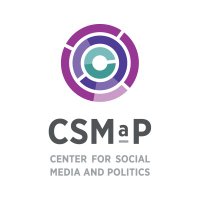
Smart thread from CSMaP's Sol Messing about how TikTok's supposedly magical algorithm is really just a basic recommender system -- but with vastly better data powering it.





New PhD position in Communication Science
ASCoR | @[email protected]!
Dr Linda Bos [email protected]🇺🇦, Michael Hameleers, and I are looking for a PhD candidate for a 4-year project to study the perceived threat of misinformation. Find more information here: vacatures.uva.nl/UvA/job/PhD-Po…



My new book, Propaganda and Ideology in the Russian-Ukrainian War, is out soon with Cambridge University Press! Drawing on huge volumes of data, I argue that Russia's invasion of #Ukraine was not only a military disaster, but also a failure of propaganda. Preorder link: cambridge.org/gb/universityp…
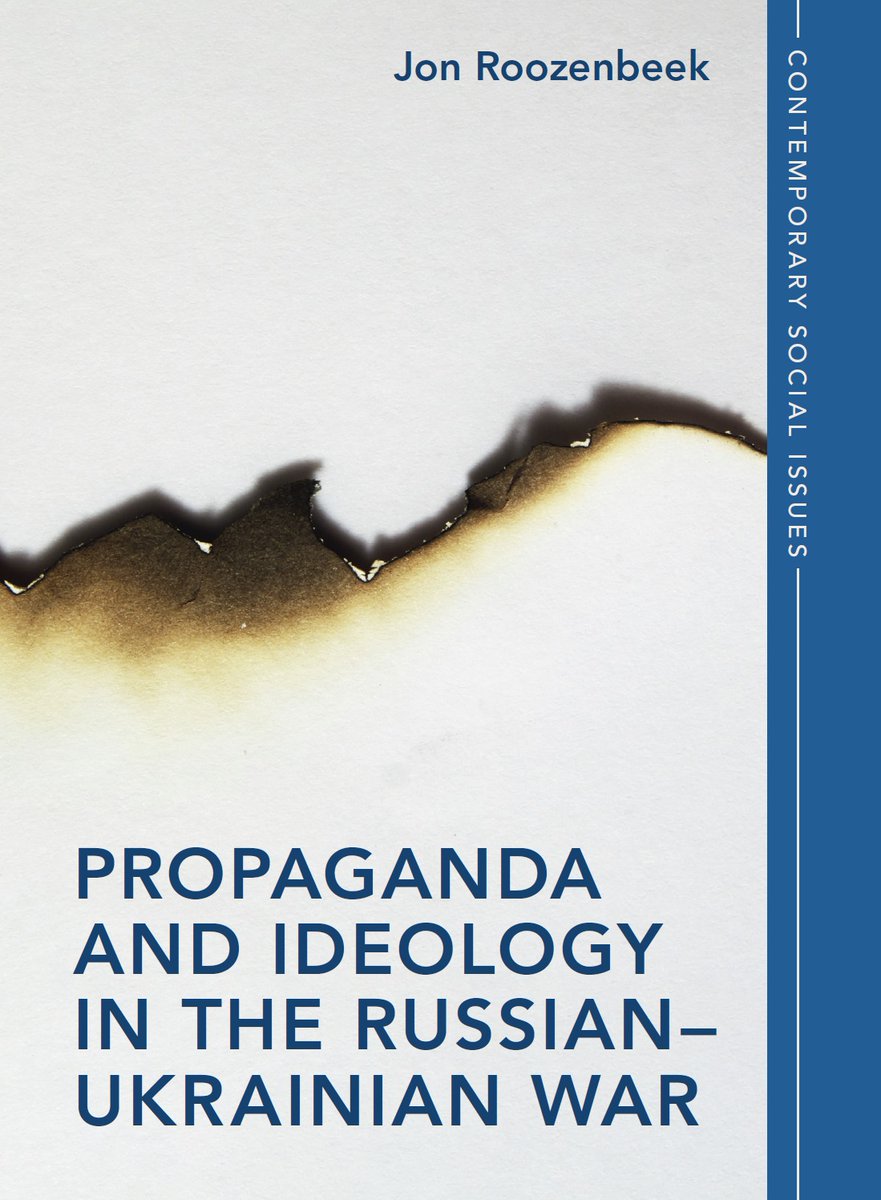


😱Moral Panic Checklist
☑️ Youth Trend
☑️ Worried Parents
☑️ Large new industry
☑️ Angry Incumbents
☑️ 1 Scary Sounding Study
☑️ Sensational Reporting
☑️ Book plugging charlatans
☑️ Posturing Lawmakers
☑️ Non-specific solutions
☑️“It’s different this time”pessimistsarchive.substack.com/p/all-the-time…

Most people don't go on social media for politics, but they were often exposed to political information just by logging on to the platforms. Meta's decision to de-emphasize news & politics could change that. Joshua Tucker talks to The Washington Post
washingtonpost.com/technology/202…





Experts who write fearfully about misinformation often depict humans as gullible saps whose zombie minds are infected by lies spread by social media.
In this week's The New Yorker, I argue that these writers get something fundamentally wrong how beliefs work: newyorker.com/magazine/2024/…






